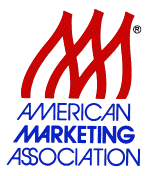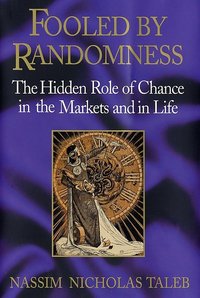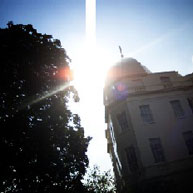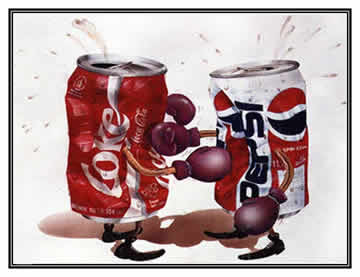FACULTY MARKETING POSITIONS ARE AVAILABLE AT DUKE UNIVERSITY, THE UNIVERSITY OF SOUTH CAROLINA AND THE UNIVERSITY OF IOWA
1.
DUKE UNIVERSITY – THE FUQUA SCHOOL OF BUSINESS – Durham, North Carolina
Duke University has openings for marketing faculty at all ranks in the Fuqua School of Business beginning fall 2006. Emphasis will be placed on an individual’s actual or potential for research excellence and impact. The Fuqua School of Business is a top-ranked, highly innovative, global business school; Duke University is regarded as one of the nation’s finest. The Raleigh-Durham-Chapel Hill area has been highly rated as a living environment. The presence of several major universities and the Research Triangle Park helps to provide an outstanding combination of exceptional lifestyle, vibrant business community, and an extensive set of cultural, academic, and leisure opportunities.
Send resume to:
Professor Wagner A. Kamakura
The Fuqua School of Business
Duke University
Box 90120
Durham, NC 27708-0120
Tel (919) 660-7855
Fax (919) 681-6245
Duke University is an equal opportunity/affirmative action employer.
2.
THE UNIVERSITY OF SOUTH CAROLINA – THE MOORE SCHOOL OF BUSINESS – Columbia, South Carolina
The Moore School of Business at The University of South Carolina invites applications for tenure-track positions in Marketing at the rank of new assistant professor, advanced assistant professor, or associate professor beginning August 2006. Eligible candidates must have a Ph.D. in marketing or related field by the date of appointment. Preferred candidates for the new assistant professor position(s) will evidence sophisticated research capability in a well-defined area of marketing leading to sustained publications in top journals and potential for high-quality instruction at undergraduate, MBA, and Ph.D. levels. Preferred candidates for the advanced assistant and associate professor position(s) must have established records of publications in the top marketing journals along with evidence of high-quality teaching and capability of immediately teaching MBA courses. We are seeking applicants with areas of specialization in consumer behavior, marketing strategy, and marketing modeling.
Please send applications to:
Professor Terence A. Shimp, Chair, The Moore School of Business, University of South Carolina
Columbia, SC 29208
Representatives from the Marketing Department will conduct interviews at the forthcoming AMA Summer Educatorsâ Conference in San Francisco, July 28 â August 1, 2005. Women and minorities are encouraged to apply. The University of South Carolina is an Equal Opportunity/Affirmative Action employer. For more information about the Moore School of Business and the marketing faculty, please visit our web site at http://mooreschool.sc.edu.
3.
THE UNIVERSITY OF IOWA – Iowa City, Iowa
The University of Iowa invites the submission of resumes from qualified candidates for one or more anticipated faculty positions in marketing at the rank of lecturer, regular or visiting; assistant, associate or full professor, either tenure-track or visiting. We are particularly seeking individuals with research interests in marketing models or marketing strategy, but will consider all areas in marketing.
Assistant-level candidates should have a completed or nearly completed dissertation and clearly exhibit high potential for scholarly research and effective teaching. Candidates with an established record of excellence in published scholarly research and quality teaching will be considered for positions at the rank of associate or full professor.
Iowa City, which hosts the University, is a desirable place to live. The schools, medical services, quality of the community and reasonable real estate values combine to provide substantial benefits for faculty members. The University is a state-supported school of about 27,000 students. Of those, over 15,000 are enrolled in the College of Liberal Arts. This gives the campus and campus life a distinct cultural flavor which makes the environment quite stimulating.
Send curriculum vitae to:
Professor Cathy Cole, Chair, Department of Marketing
Tippie College of Business, University of Iowa
108 Pappajohn Business Bldg.
Iowa City, IA 52242-1000
or via e-mail
business-college-marketing@uiowa.edu.
When submitting resumes, please specify whether application is for tenure-track, visiting or lecturer position. The University of Iowa is an Affirmative Action/ Equal Opportunity Employer. Women, minorities, and persons with disabilities are enthusiastically encouraged to apply.
 Subscribe to Decision Science News by Email (one email per week, easy unsubscribe)
Subscribe to Decision Science News by Email (one email per week, easy unsubscribe)











